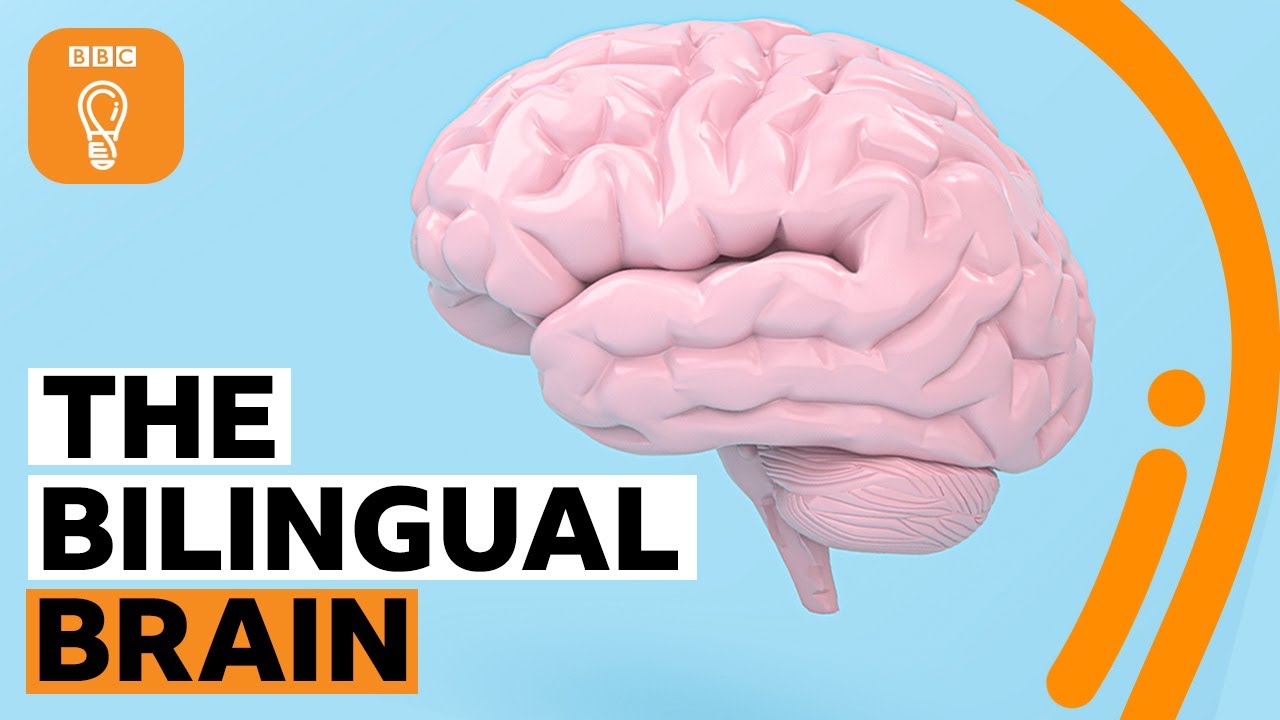Why Being Bilingual Is Good For Your Brain | Bbc Ideas
Unleash Your Creative Genius with MuseMind: Your AI-Powered Content Creation Copilot. Try now! 🚀
Ah, the misconception of bilingualism! Once deemed a hurdle, it’s now hailed as a cognitive gymnasium for the mind.
The notion that juggling languages might trip up our brains, especially in children, has been debunked. In fact, it’s akin to daily mental workouts. Picture this: the bilingual brain doesn’t just switch between languages; it orchestrates a linguistic symphony where all languages hum concurrently. This constant tango of suppressing one language while activating another is akin to a cerebral marathon.
Unraveling the Cognitive Treasure Trove
Ellen Bialystok’s groundbreaking 2007 revelation in Toronto sent shockwaves through the scientific sphere. It unveiled a gem: bilingualism can delay dementia onset by several years, presenting the idea of cognitive reserve. What’s that, you ask? It’s an arsenal of cognitive prowess, shielding against age-related mental erosion and ailments.
Language, being the intricate tapestry it is, holds a special key to this cognitive fortress. The more convoluted the skill, the mightier its impact on cognitive reserve. And here’s the twist—learning languages later in life, though more arduous, can unlock even grander benefits.
The Brain’s Linguistic Gymnastics: Early vs. Late
When do linguistic muscles bulk up best? The brain, a labyrinth of neural circuits, shows distinct patterns in language acquisition. Childhood language learning involves constructing new networks, while later language learning tweaks existing ones, forging more connections. Surprisingly, the hurdles of learning later in life pave the way for greater cognitive rewards, as revealed by a 2023 Great Ormond Street study.
Bilingual Brain: A Resting Powerhouse
Recent brain scans on children illuminated a fascinating discovery. Early bilinguals exhibited robust neural connectivity at rest. It’s akin to muscles appearing more robust during relaxation after consistent gym sessions. Learning languages early seems to fortify these resting brain networks—an unprecedented revelation.
Beyond Words: Empathy and Emotional Frontiers
Bilingualism isn’t merely about words; it’s a passport to perspective. It’s the ticket to seeing the world through diverse lenses. Interestingly, recent studies unveil a behavioral quirk: emotional responses differ between languages. The first, often used in intimate settings, triggers emotional surges; the second, adopted in formal environments, invites a more rational demeanor.
Linguistic Kaleidoscope: Societal Impact
Beyond individual benefits, bilingualism unlocks societal doors. It’s the gateway to cultural treasures, a bridge between worlds, unveiling new horizons of empathy and understanding. Learning languages doesn’t just enrich the mind; it paints life with diverse hues, fostering connections across diverse communities.
The Final Flourish
In parting, let’s bid adieu to the myth that bilingualism begets confusion. Instead, it’s a mental marvel—a testament to the brain’s adaptability and the gateway to a richer, more vibrant world.
And with that, we'll say a final... Bye!

Related Recaps
- 20 KWI: TO OFICJALNE! KONTROFENSYWA RUSZYŁA | Wojna w Ukrainie Wyjaśniona
- How to get ALL 5 NEW BACKROOMS MORPHS in Backrooms Morphs (ROBLOX)
- Ambré Speaks On Her New Single "I'm Baby", Being Shy, and Her First Time Performing In New Orleans
- tf2 | ugc-gaming experience
- SEC alleges in new lawsuit that Kraken failed to register and commingled customers’ funds